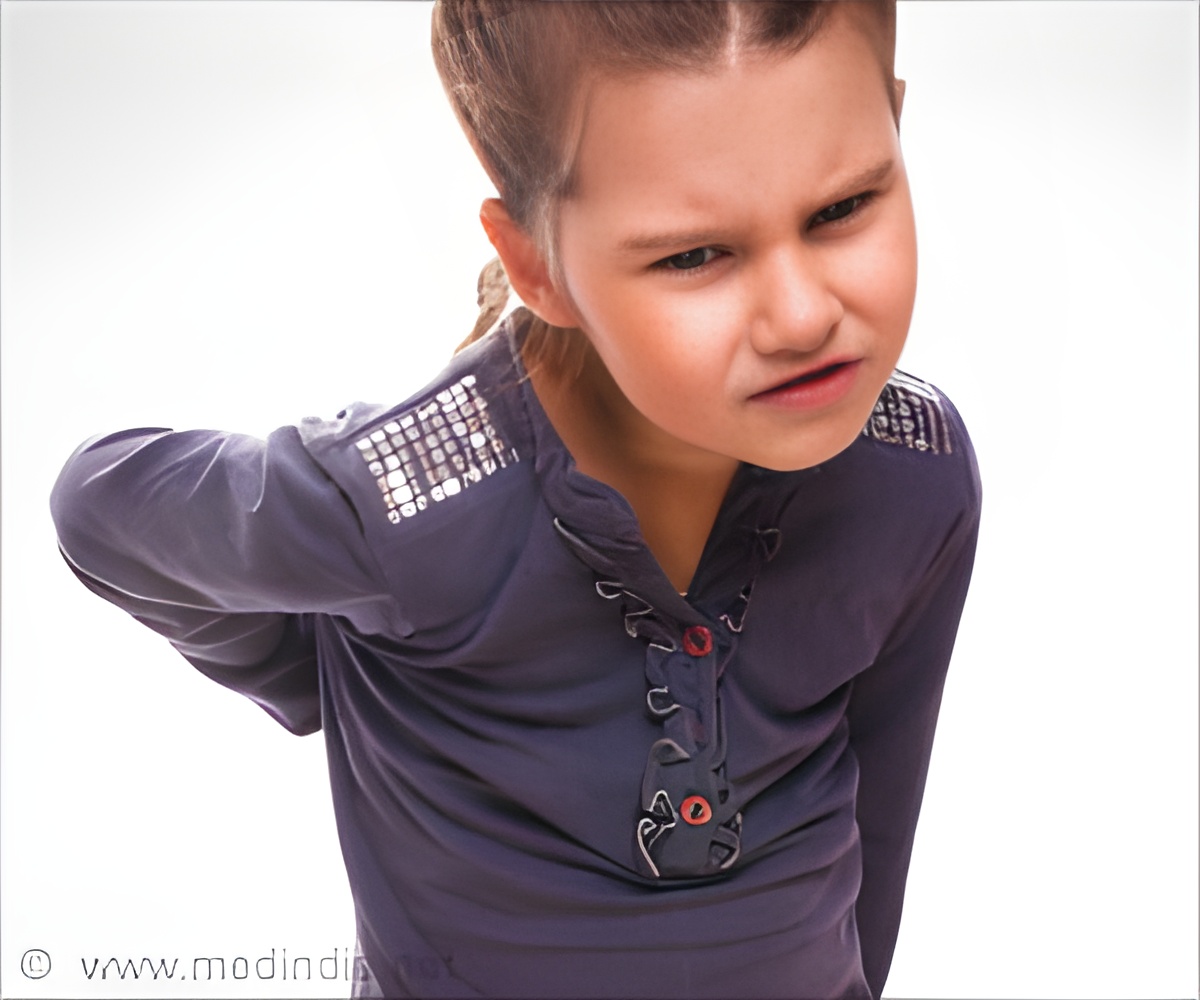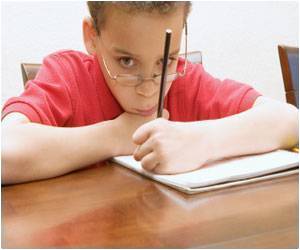
"Being unable to read children's happiness appropriately may increase misunderstanding between parents and children or adolescents, which has been shown to have negative consequences for parent-child relationships," said one of the researchers Belen Lopez-Perez from the Plymouth University in Britain. "Furthermore, parents might not be able to provide the appropriate emotional support or attend to their children's needs accurately," Lopez-Perez said.
For the study, the researchers questioned a total of 357 children and adolescents from two different schools in Spain, along with their parents. Their happiness was assessed using a range of self-reporting measures and ratings.
The results showed that parents were inclined to score a child or adolescents' happiness closely in line with their own emotional feelings, whereas in fact there were notable differences in the child's own reports. The study was published in the Journal of Experimental Child Psychology.
Source-IANS












